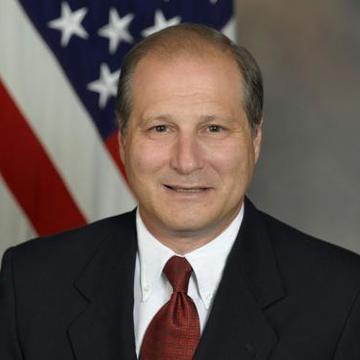The pros and cons of ‘Deterrence by disclosure’
Analyzing the Biden policy of publicly disclosing information about Russia’s Ukraine intentions
Read the full article at The Dispatch
Since November, the Biden administration has pursued a policy regarding Russia and Ukraine that can best be described as “deterrence by disclosure.” The policy has operated on several levels. First and foremost has been the disclosure of Russian troop movements and dispositions as well as the plans for provocations and false flag operations that could serve as a pretext for Putin’s war against Ukraine (and, more broadly, the West and the existing regional and global order). It has also been accompanied by leaks about interagency deliberations about sanctions and disclosures about agreements being negotiated with allies to suggest the more traditional “deterrence by punishment” to come should Russia recklessly launch a premeditated and unprovoked war in the center of Europe.
“Deterrence by disclosure” suggests that the administration is playing a weak hand but hoping to play it deftly. To be fair, the Biden team’s weak hand is a function of both difficulties it inherited (geography dictates that the fate of Ukraine will always matter more to Russia than to the U.S.) and those that its own actions created or exacerbated (rolling over the New START Treaty without any conditions, waiving Nord Stream 2 sanctions, granting Putin a summit with the president in the wake of serious cyberattacks on U.S. infrastructure conducted by Russian hackers, the disastrous Afghan withdrawal, and Biden’s own gratuitous comments about not sending Americans to fight in Ukraine and “limited incursions” by Russia into Ukrainian territory). By the time you read this, an assessment of the administration’s effort at “deterrence by disclosure” may be moot. Still, it seems worth taking a crack at evaluating the pros and cons of endeavoring to deter an adversary like Russia with public disclosures like the ones we have seen coming out of the current administration these past few months.
